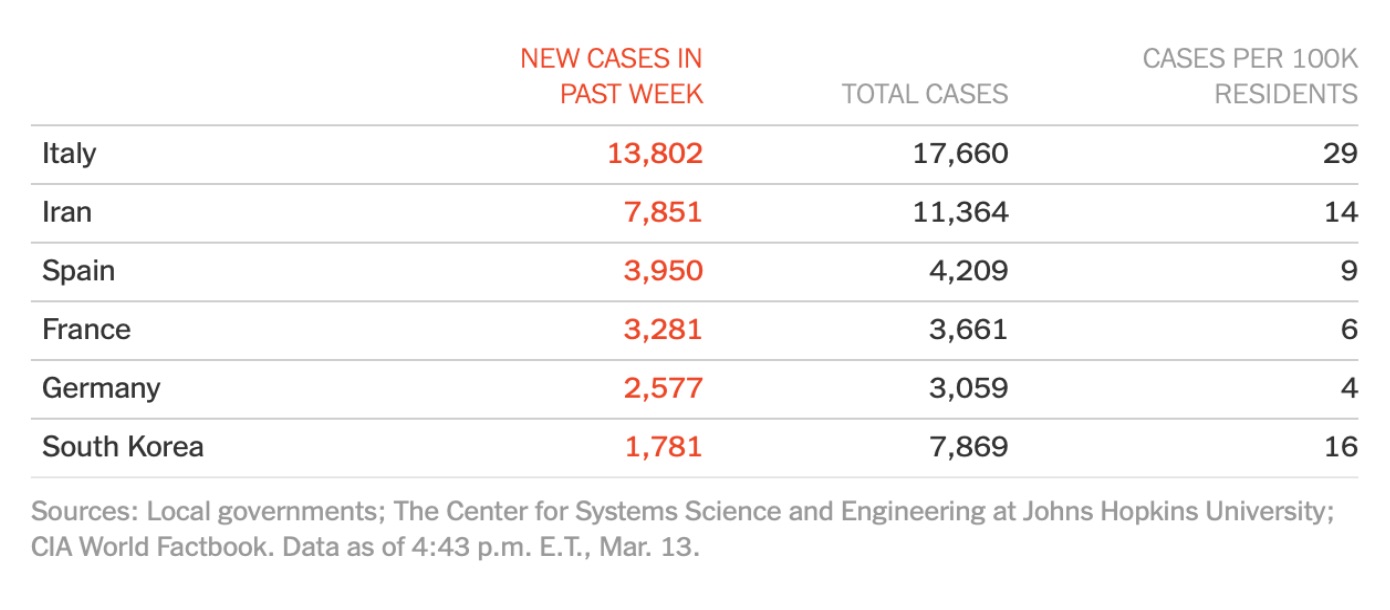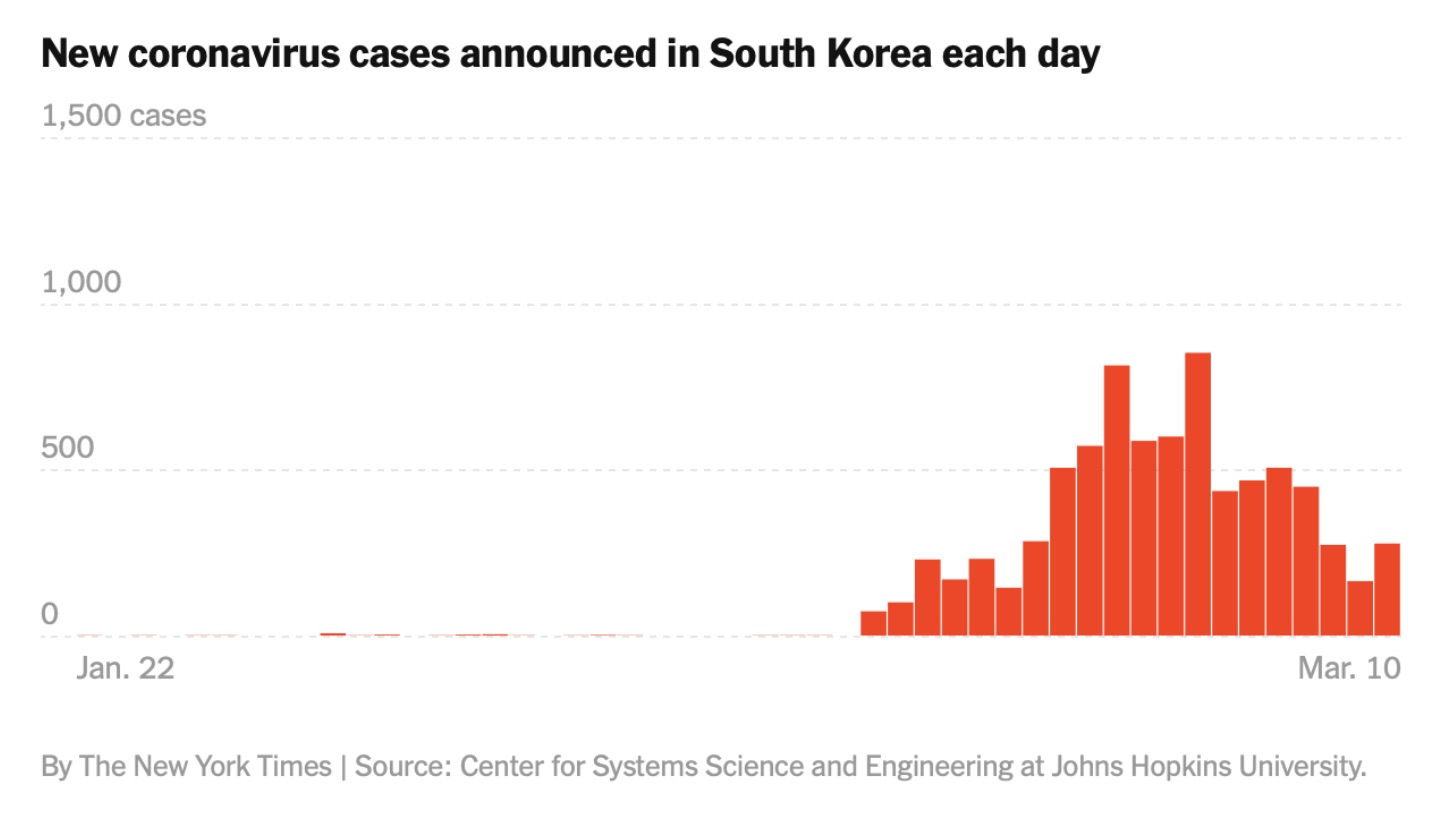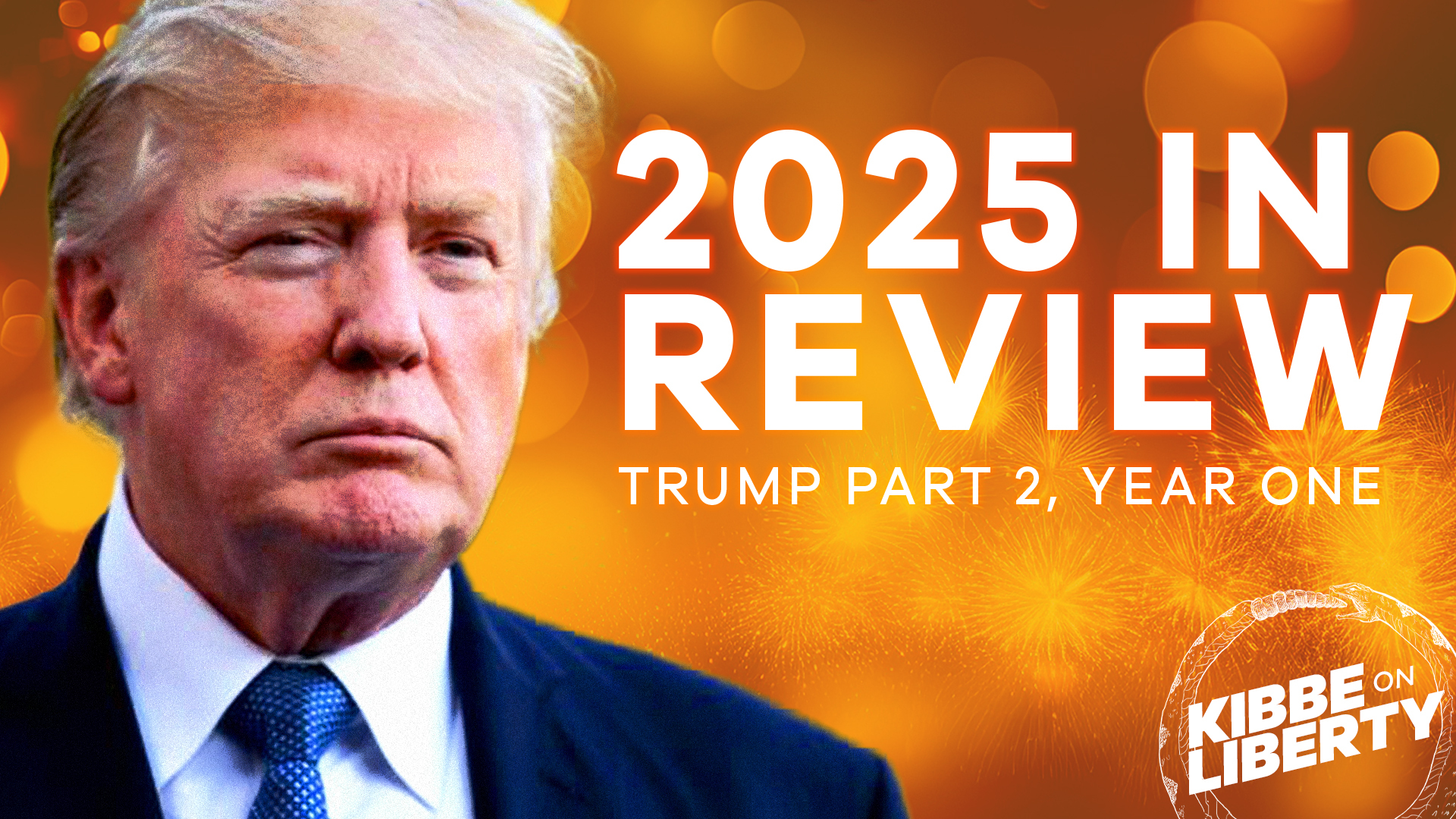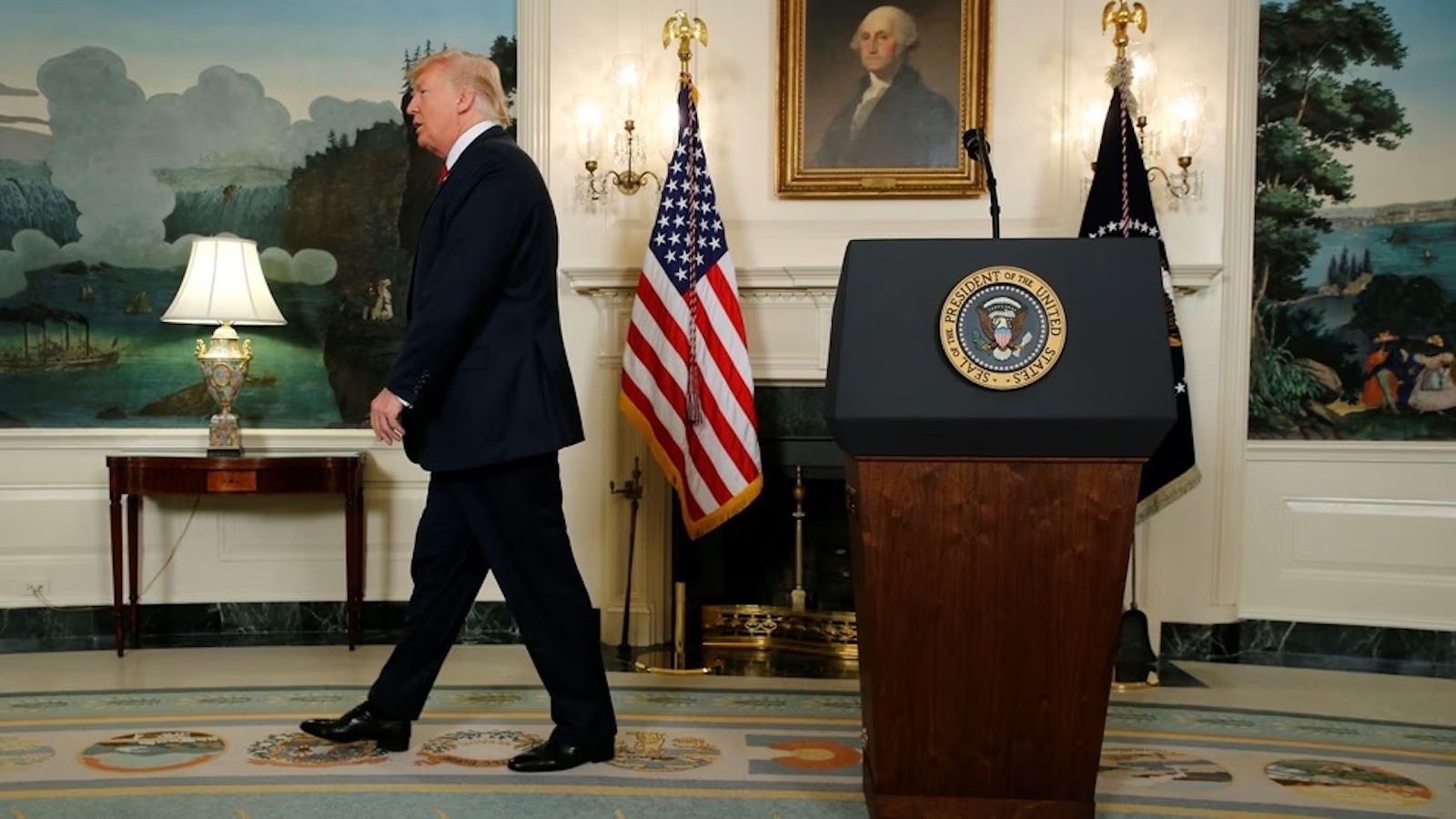
Politicians Cannot Save You from the Coronavirus, but They May Make Things Worse by Trying
If you went to your local supermarket lately, you’d have thought the world was ending in diarrhea and dehydration; instead, we are all living through the newest global pandemic. It’s the disease that is suddenly on the tips of everyone’s tongues: Coronavirus, more respectfully referred to as COVID-19 for all the Corona lovers out there. As the COVID-19 enters into the March madness, it has so far made an appearance into 114 countries killing more than 4,000 people.
If the global hysteria boosted by the media was not bad enough for society and the economy, politicians have decided that they can magically save individuals from the virus outbreak by making authoritarian decisions that will most likely only harm the economy and bring more chaos into an already frantic society.
So, before you desperately drive to the next supermarket to stock up on toilet paper, acknowledge that it is not doomsday. However, it is worth taking note that politicians always try to capitalize on panic by misleading people into believing that they care about society and that their decisions are the correct ones to be taken in an alleged health crisis.
When the government bans travel, forces restaurants to shut down, and enacts mandatory quarantines they are actively and forcibly treading upon every American’s rights to peacefully assemble. Yes, the government has utilized its authority to impose such measures under the guise of public safety, but at what cost to freedom?
All of these government actions should at least get us thinking: how effective are all these insane measures, especially given that it has been scientifically confirmed that humans have already survived the COVID-19? Does a treatable disease with a registered low fatality rate truly justify governmental intrusion into millions of lives?
The land of the free and the home of the brave all of a sudden is starting to look more like China and every day less like the real America we all know and love. It should not surprise anyone that China tries to obliterate every inch of its citizens’ freedom, but it should be rather alarming that a country where freedom is highly appreciated and should be utterly respected is now acting more like China by the day.
Mayors and governors everywhere are imposing quarantines, canceling events, classes, shutting down airports, closing restaurants, and declaring states of emergency, to the point of even having the president cancelling flights from Europe; all as an attempt to stop the coronavirus from spreading. Politicians are not taking these measures because they work, but because they want to appear to the public as caring individuals who do not want to be blamed for a pandemic disease, especially in a year that holds a general election.
You must be thinking: if all of these measures are not highly effective to truly prevent the spread of the disease, then what could possibly work?
Let’s preserve the open society, shall we?
Due to its geographical proximity to China, South Korea had been witnessing an increase in new coronavirus cases for the latter half of last week. As a matter of fact, the country was ranked as the 4th in number of COVID-19 cases in the world; however, there were no citywide lockdowns, no forced quarantines, no obligatory cancelling of events or flights, and certainly no fights for toilet paper. Instead, South Korea focused on massive population testing, medically isolating the sick individuals as well as improving public communications and the use of technology for rapid medical screening.
South Korea’s public health record has so far shown that keeping an open society in a moment of crisis may work better than authoritarian measures. The country averaged more than 500 new infections a day for the last two weeks. However, last Friday, this number dropped to 438 cases, then 367 on Saturday, and 248 on Sunday. The daily number of confirmed cases is reported the following day in order to keep track of the disease. On the flip side of the story, however, Italy, Iran, and China have been struggling to keep the disease from spreading, even with the imposition of all possible authoritarian measures.
The Center for Systems Science and Engineering at Johns Hopkins University published data regarding the spread of COVID-19 in many countries, and as we can infer by the analysis of such information, although South Korea does have a higher total number of cases when compared to Germany, France, and Spain, it also has had the most successful attempt in reducing the spread of the coronavirus, as the list and graph below show us:


Among all the countries fighting the outbreak of the COVID-19, South Korea is the only country that has been trying to abstain from most measures that are immoral, panic-driven, and economically counterproductive by keeping an open society while adopting measures that are effectively reducing the number of cases daily. These measures simply show us a more efficient approach in controlling the outbreak as it also gives us a lesson: respecting the individual’s autonomy and the free market during a pandemic is actually a good and moral idea.
Are we truly ready for freedom?
The South Korean approach to this pandemic has proved that the respect for freedom along with medical autonomy, technology, information, self-consciousness, and mindfulness of others is a far better method than forcefully obliging individuals to act only according to governmental guidelines for the period of the COVID-19 crisis.
The truth is no government in South Korea forced individuals to wear masks, use hand sanitizers, stay home if sick, and avoid public assemblage, just as it did not force businesses, airports, or schools to close. In other words, the country decided to inform its citizens about the risks of the virus and how to avoid contracting or spreading it, but it also left the decision up to each individual’s own discretion, and voluntarily, South Koreans chose to do the right thing, perhaps because they know something that we don’t: freedom requires mindfulness of others.
So even if you are free to live your life as you wish, acknowledging the impact of the overall consequences of your actions before you take the next step is a vital feature of a free society. If there is one lesson to be learned here, it is that responsible individuals don’t need a nanny state to tell them what to do in periods of crisis.
Instead of letting politicians take control of personal and private decisions, South Korea chose a less invasive way to fight the virus by leveraging private property rights to hinder the spread of the virus. Personal decisions of private property owners to post and enforce “no mask, no entry” signs have prevailed over authoritarian guidelines to close every single place. Although Americans love to brag about freedom, just try to picture how individuals would react if, all of a sudden, they were rejected and prohibited from entering a business establishment at the sole discretion of the owner.
As Americans, if we truly love freedom as we say we do, then at this point our government’s measures should urge us to ask ourselves: why are we copying China and not South Korea?
When technology saves the day.
How did South Korea achieve such a great result in reducing the spreading of COVID-19? Medical technology is definitely the answer. The country has invested in vast, fast, and extensive testing of its population, setting up drive-through stations all across the nation. The non-mandatory, “free” (government-funded) test takes about 10 minutes and the results are texted to individuals the next day.
As believers in minimum government intervention, we are constantly avoiding the possibility of government spending and as a consequence of that we are more prone to blindly reject the idea of government-funded COVID-19 screenings; however, if we take into consideration the other measure of a Trillion-Dollar Stimulus proposed by President Donald Trump, we are more likely to spend way less public money and to effectively fight the disease outbreak by promoting government-funded medical tests to every individual, like South Korea is doing, than to give rise to another trillion dollar public spending whose main idea works by incentivizing sick people to go to work; thus continuously spreading the disease. If the government is going to spend public money one way or another, may it spend it purposefully and the least amount possible.
The price of safety
Despite South Korea’s friendlier approach to fighting the outbreak of the COVID-19, the country is nevertheless still infringing upon some individuals’ rights regarding their privacy. Government activities such as using camera surveillance as well as tracking cell phones and banking activities of individuals who are possibly infected are constantly taking place.
Another highly questionable factor contributing to South Korea’s great outcomes in stopping the virus outbreak is that the government is making information public. For example, the GPS locations of people confirmed for COVID-19 is available on a map so that others can avoid those areas. As questionable as this action may be from a privacy perspective, it also may help people be informed and in control of their health by avoiding areas where there is a higher risk of contamination.
These measures constitute a blatant violation of the principles of liberty; however, when we compare this approach to what China, Italy, Iran, and even the US are doing, the South Korean solution, although invasive, still has a far softer, friendlier, and more respectful approach than the other measures being taken by other nations in dealing with the outbreak.
Yes, it does leave a bad taste in our libertarian souls having to put up with privacy invasion, but what South Korea is ultimately doing is not as economically and socially destructive as the American government’s measures. The ramifications of which will likely be felt for years upon the US economy.
South Korea’s Vice Health Minister, Kim Gang-lip affirmed that, “Without harming the principle of a transparent and open society, we recommend a response system that blends voluntary public participation with creative applications of advanced technology.” He also pointed out that conventional and coercive measures such as lockdowns of affected areas have drawbacks, undermining the spirit of democracy and alienating the public who should participate actively in preventive efforts.
As the world witnesses a pandemic and a global-scale hysteria, it seems that the more we depart from the ideas of voluntary cooperation and mindfulness of others with mandatory citywide lockdowns and martial law quarantines, the higher are the chances of not achieving an effective solution to stop the coronavirus outbreak. After all, it seems like freedom aligned with responsibility is also a remedy for times of global biohazard threats.
Free the People publishes opinion-based articles from contributing writers. The opinions and ideas expressed do not always reflect the opinions and ideas that Free the People endorses. We believe in free speech, and in providing a platform for open dialogue. Feel free to leave a comment.




Steve
I wish the USA could do the S. Korean model. Sadly, the difference in investment and value placed on national health between the 2 countries is staggering. The first issue, it is WAY too late to get an aggressive testing model in place like that in S. Korea. That ship has sailed. Maybe in the future, we will learn to fund government health programs like S. Korea did after they learned a hard lesson with MERS. Aggressive social isolation is the last-ditch effort, not the first, best effort. Second, I know you would be outraged when, having very few symptoms (could easily do a full workday with a bit of aspirin), but testing positive, were whisked away to a quarantine facility for weeks with no direct contact with your family. There would be guns blazing all over the place if we took the S. Korean model on quarantine. Thirdly, their aggressive ‘contact tracing’ also would place serious strain on our liberties. Imagine all the people refusing to take the test. Imagine if a co-worker tested positive, then scientists would come to your house, seizing your phone, and track where you have gone in the last 2 days and force you to take a COVID test. Is this level of ‘contact tracing’ something that you think could happen in the US? The doctors would have to have National Guard armed escorts …because so many people have guns. It would get ugly. Quick. This is our last option. It is bizarre that a libertarian argument tries to use a collectivist society as their model for libertarianism. Does the author not understand collectivism? I lived in Japan. Trust me, collectivist societies are NOT libertarian…..:) Next time, hopefully, we can be better prepared. I bet that NSC pandemic unit gets all the funding they want from now on…..talk about a politician not being able to save you from coronavirus.